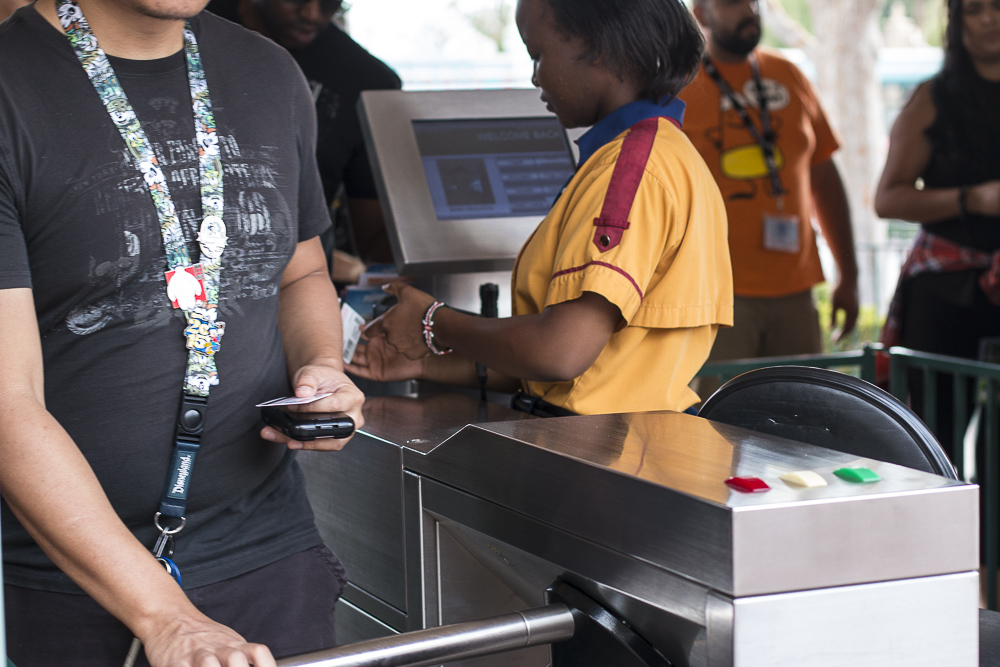Prices for Disneyland’s Annual Passports increased on Oct. 4, as they now offer two new passes to replace the previous Premium Annual Passport. This increase is an attempt to limit crowds, especially at special events where the park hits capacity and has to turn visitors away, according to the Wall Street Journal.
Signature Passports
Previously, the premium pass was the most inclusive and allowed admission 365 days a year, along with free parking and a discount on dining and merchandise, for $779. Now, the Disney Signature Plus Passport has taken its place for $1,049 and, along with 365 days of admission and other previous benefits, it offers any pictures taken in the park though the PhotoPass program to be downloaded without charge. The new Disney Signature Passport is identical, except it only allows admission on roughly 350 days and is $849. This is the second time this year annual pass prices have increased.
“I have my pass that comes up in February and I’m actually planning on not renewing it because I don’t think I’ll be getting my money’s worth next year. I mean, I’m going to be busier next year but it’s just gonna be a lot more money,” said Kaitlin Scott, junior math major.
Spreading out Attendance
The Wall Street Journal reveals Disney has been trying to better accommodate command by spreading out attendance throughout the year. Walt Disney Parks and Resorts Chairman Bob Chapek explained that this may become an even greater concern with the upcoming addition of Star Wars Land, announced on Aug. 15, 2015.
While Biola students like Jessie McBirney, junior political science major, understand why Disneyland is increasing their rates, they question whether such change should take place across the board or only should apply to new passes.
“I think that [raising the rates is] lame for people who are renewing their passes, but I think that it makes sense for people that are buying new passes because Disneyland is trying to price discriminate by upping their prices so they don’t have as many people, then I don’t think that’s bad,” McBirney said. “And it’s probably the fairest way to cap people coming in.”
Another Option
Another option Disneyland is considering is moving to demand-based pricing for day tickets. Days from previous years with higher attendance rates would be more expensive whereas days that are less trafficked would have lower prices.
Krista Coe, sophomore cinema and media arts major, grew up in La Mirada and had a Disneyland pass for about 18 years until she decided not to renew it within this last year due to financial constraints. She expressed interest in demand-based pricing because it would allow her to occasionally visit the park without spending the same amount as an annual pass.
“I would consider [it], I don’t know how much they’re willing to drop the price but if it was in the 60 to 70 dollar range or even cheaper than that I would definitely go,” Coe said.
Still Interested
Despite the increase in prices, students are still interested in visiting Disneyland. Emily Teegarden, sophomore nursing major, still renewed her SoCal Select Annual Passport after the change in cost.
“The fact of the matter is, it’s so popular that even if they do raise their prices as much as they have, people will still go,” Teegarden said.







